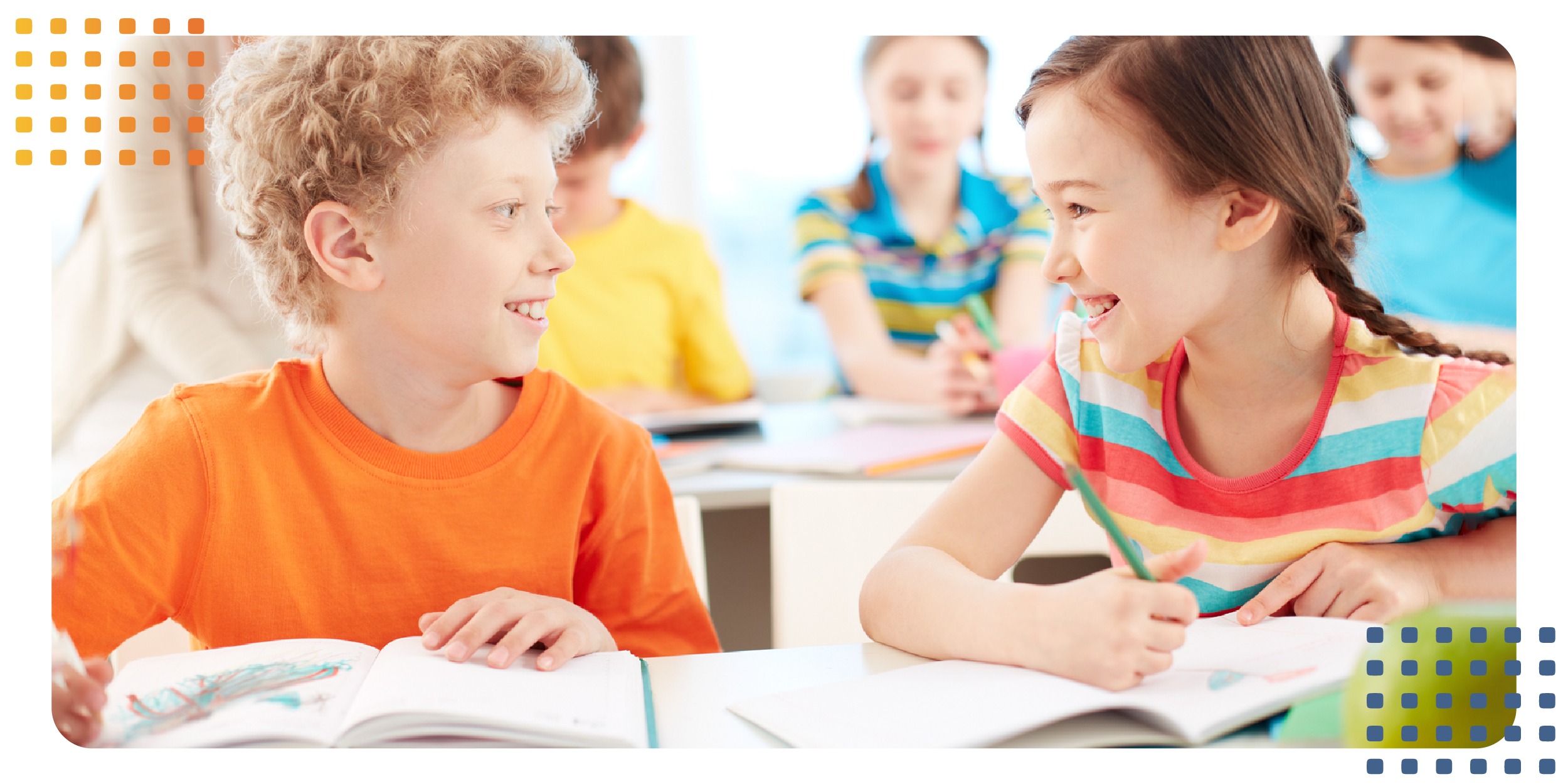
In today’s digital age, students often turn to screens for studying and organizing their academic lives. However, recent research suggests that reading on screens may not be as effective as traditional paper methods for absorbing and retaining information. This is where a well-designed school planner can make a significant difference in students’ academic performance.
Research Suggests Screens Can Prevent Students from Learning and Retaining Information
Enhanced Retention of Information
Studies indicate that students who engage with information on paper tend to absorb and recall it better. A paper-based approach allows for deeper cognitive processing. For instance, a recent study found that students who took handwritten notes had a better understanding of the material compared to those who typed their notes on a laptop. Read more here.
Improved Organization Skills
Keeping track of assignments, tests, and extracurricular activities can be overwhelming. A physical planner offers a centralized space for students to manage their schedules effectively. Research from the Journal of Educational Psychology highlights that organized students tend to perform better academically. Learn more here.
Less Distraction
Unlike digital devices, which can lead to distractions from notifications and apps, a school planner provides a focused environment for students to organize their thoughts and tasks without interruptions. Research from the Journal of Educational Psychology has shown that multitasking with digital devices can hinder learning and retention. Check out the findings here.
Creative Expression
Many students enjoy personalizing their planners with colors, stickers, and drawings. This creative outlet can make planning enjoyable, further encouraging them to use their planners regularly. Engaging in creative activities has been linked to increased motivation and satisfaction in academic work, as noted in various educational studies. Read more about the benefits of creativity here.